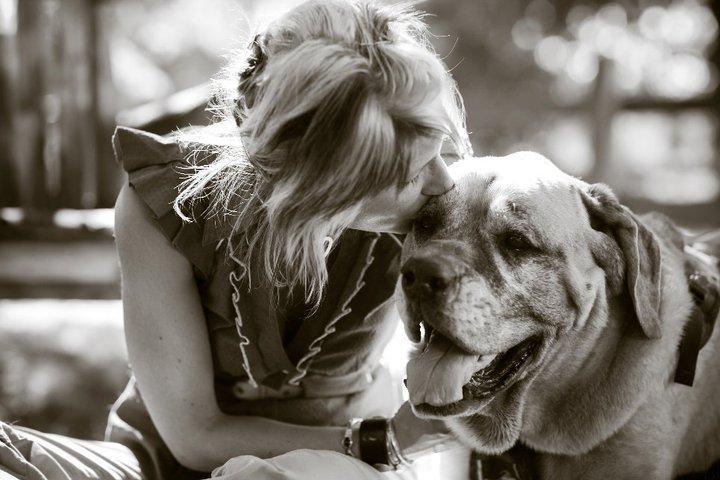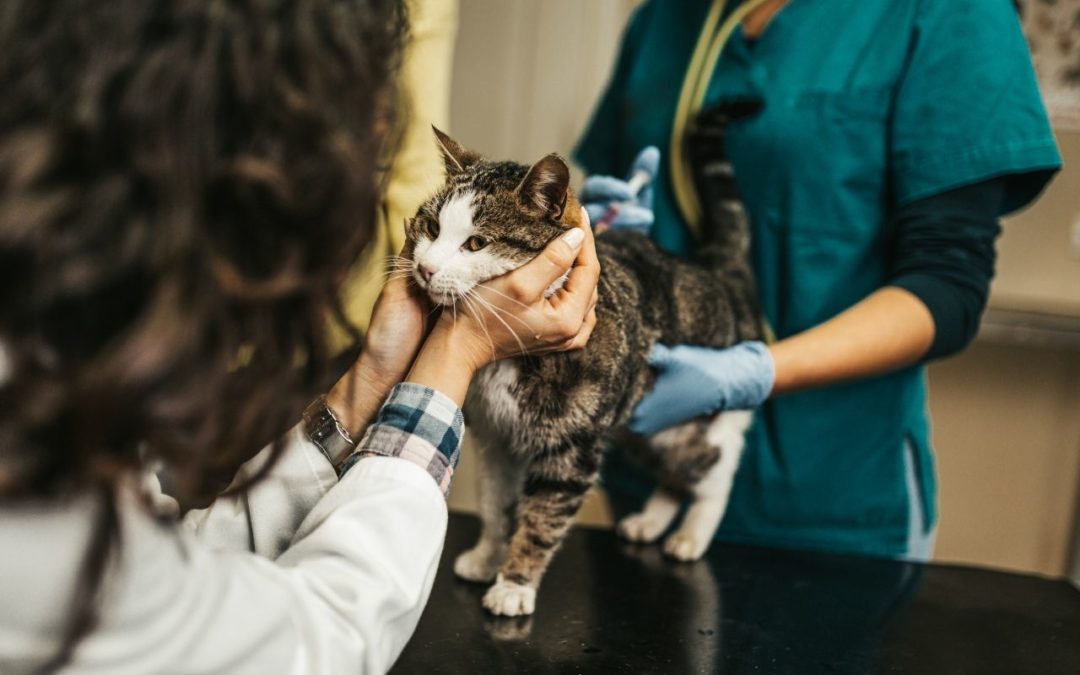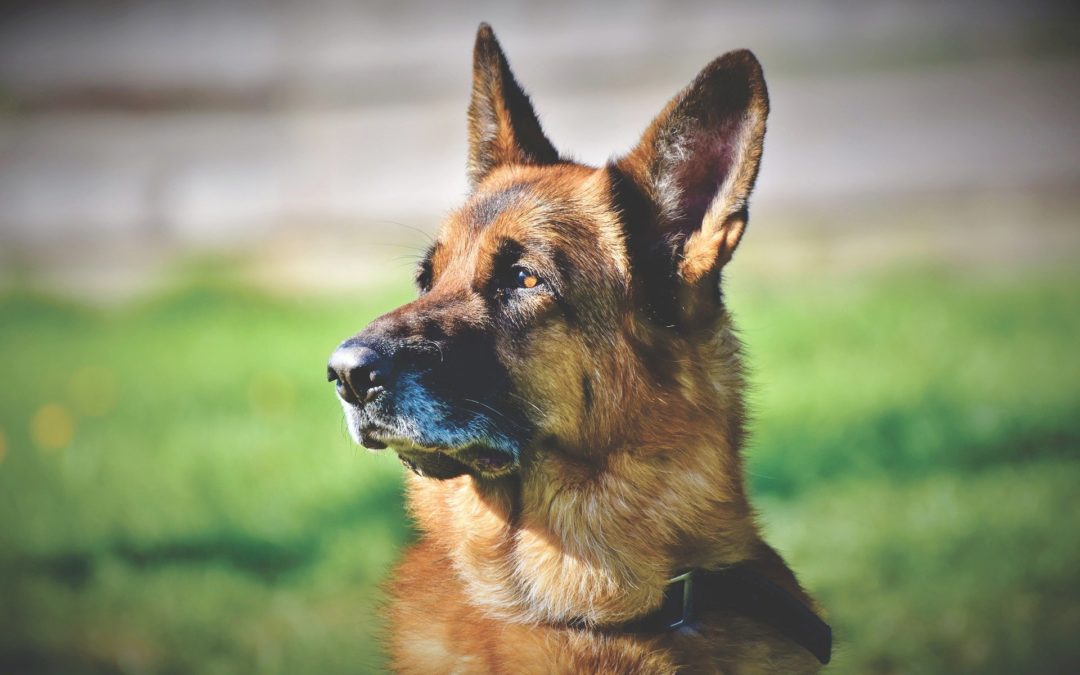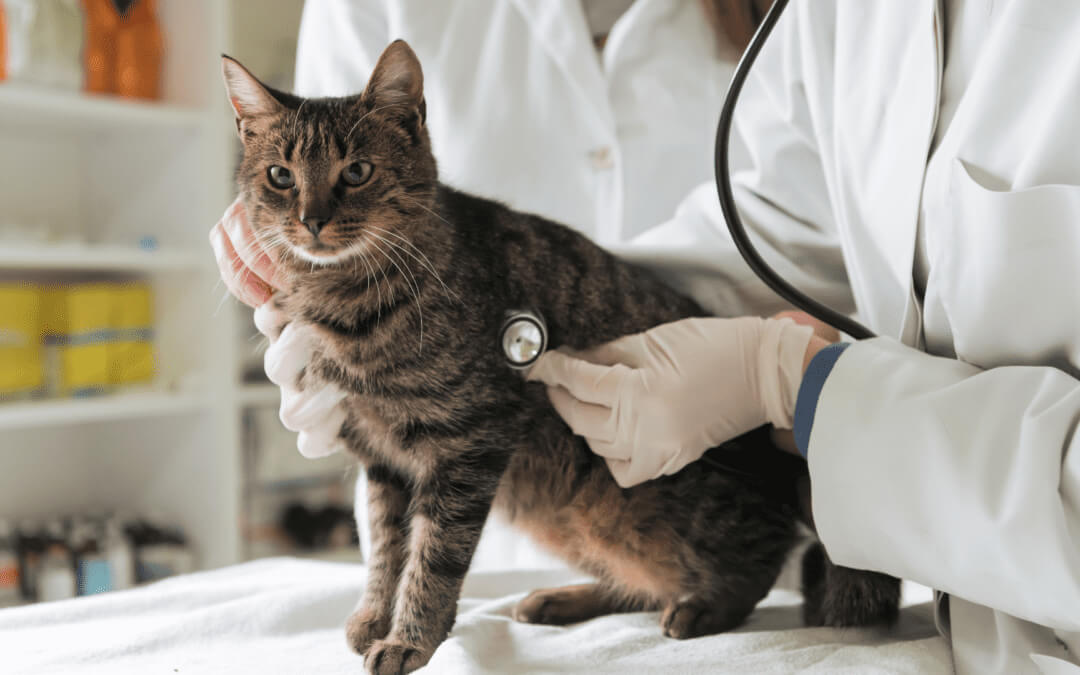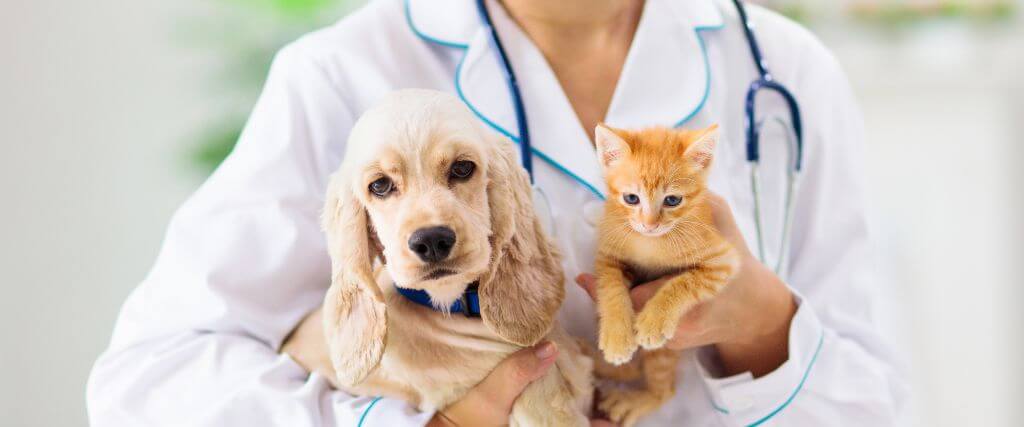March Is Pet Poison Prevention Month
March is Pet Poison Prevention Month, and it is the time to think about how to keep your pet safe from toxic substances. One topic that has gotten more attention in recent years, yet still seems like an unknown, is Marijuana. What is the deal with pets and marijuana? How about CBD? Hemp? What is the difference anyway, and is it really a big deal if your pet gets exposed to marijuana? In this blog, we are going to discuss the differences between marijuana, hemp, and CBD and go over some of the potential threats they may pose to your animal companion.
We Do House Calls
Do you dread taking your dog or cat to the vet? Many people do! The experience can be exhausting for both you and your critter! Here, at Alpine Animal Hospital, we have many options to help provide the best medical care with low stress handling, a Fear Free environment, and we even do HOUSE CALLS!
National Pet First Aid Awareness Month
April is National Pet First Aid Awareness Month. Should your pet be injured it is a good idea to see a veterinarian but in case you are in a remote area, out camping or enjoying the outdoors it is a good idea to be prepared to handle basic first aid issues for your pet and know how to best handle them without causing further injury to your pet or yourself.
What Quality Means to Me as a Veterinary Nurse
Quality veterinary care is extremely important and essential to the health and wellbeing of companion animals. Not only does this benefit pets, but it also aids in caregivers’ mental wellbeing knowing that their pet is receiving quality care that will insure a long and lasting relationship with their companion. Alpine Animal Hospital strives to provide exceptional quality veterinary care to the animals of the Roaring Fork Valley by keeping our facility and equipment updated and our team educated.
Navigating Canine and Feline Vaccines
This month Alpine Animal Hospital is offering 20% off vaccines. So we figured we would provide a refresher on the recommended vaccinations for our furry friends. Just like with humans, vaccines are essential to maintaining good health and preventing the spread of disease. Our practice follows the vaccination guidelines published by the American Animal Hospital Association (AAHA). These guidelines are kept up to date with the most recent developments regarding vaccines schedules and recommendations for cats and dogs.
November is Pet Cancer Awareness Month
Cancer in pets has become more common, and this month we are going to discuss what cancer is, signs of cancer, diagnosis, and some treatment options should you be faced with a cancer diagnosis in your pet. Neoplasia is defined as the uncontrolled or abnormal growth of cells in the body that can be benign or malignant, in other words, a tumor. Benign tumors often grow slowly and don’t tend to invade neighboring tissues. Malignant tumors can be unpredictable and often grow rapidly and spread to other tissues or systems in the body.
Why You Should Take Your Cat to the Vet: Ensuring a Healthy and Happy Life for Your Feline Friend
As a cat lover, your feline friend’s health and well-being are paramount. Cats are known for their independence and seemingly low-maintenance nature, but this doesn’t mean they don’t require regular veterinary care. August 22nd is national bring your cat to the vet day and for the entire month of August we are offering 50% off a routine visit for your feline friend. Here are some compelling reasons why you should make routine visits to see us a priority for your cat.
12 Things Your Pet Could Be Allergic To
Itching, watery eyes, and sneezing are all allergy symptoms that our pets may have to deal with, especially in spring and summer when seasonal allergies are at their peak. But even though pet allergies are usually easy to spot, many pet owners are left wondering exactly what caused them.
Can Dogs Get Sunburnt? Dog Sunburn Signs, Symptoms, and When to See Your Veterinarian
When temperatures start to heat up and the days grow longer, people and their pets naturally begin spending more time outdoors exploring nature, catching up on yard chores, or simply soaking up the sunshine. Just like us, most dogs enjoy the warmer weather. As pet parents, we fill their days with walks, games of fetch, and sunbathing while we take care of all the yard chores we previously mentioned.
Why An Annual Pet Blood Test Can Be a Lifesaver (And What It Detects)
We all want our dogs and cats to live long and healthy lives, but what if I told you that there was a chance that your pet could be suffering from silent health issues that you may not even notice? Though your pet may be acting like their normal, energetic, and affectionate self, the truth is, they could be sick or in pain without you even realizing it. If that concerns you, rest assured there's something your veterinarian can do to ease your mind and make sure your pet is in good health: an annual pet blood test.


